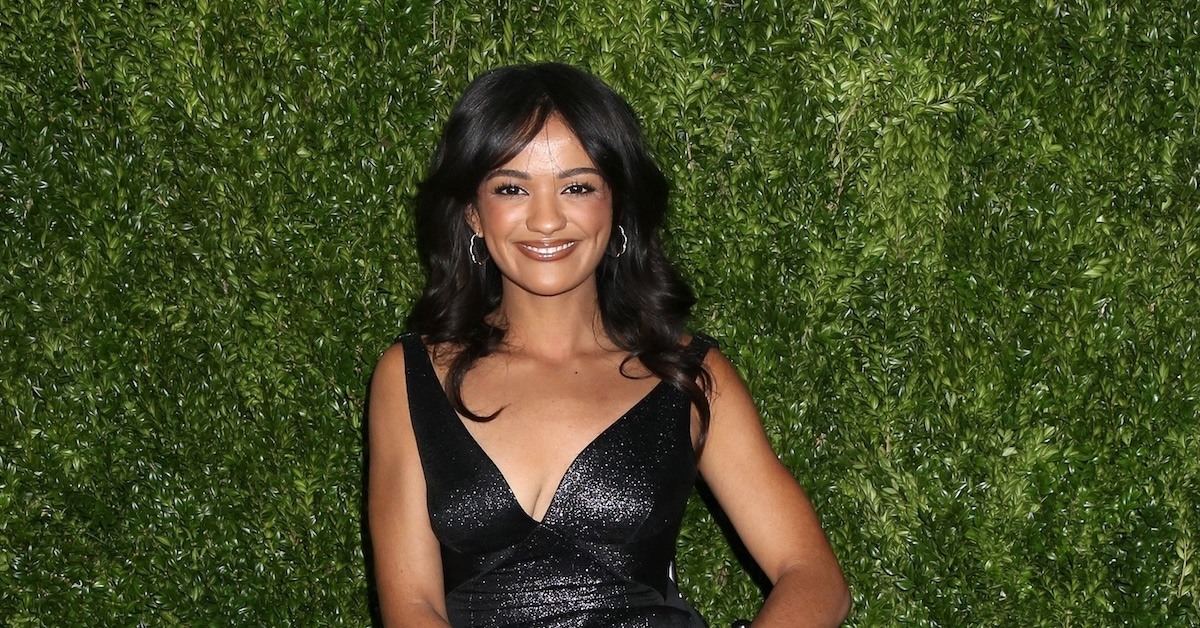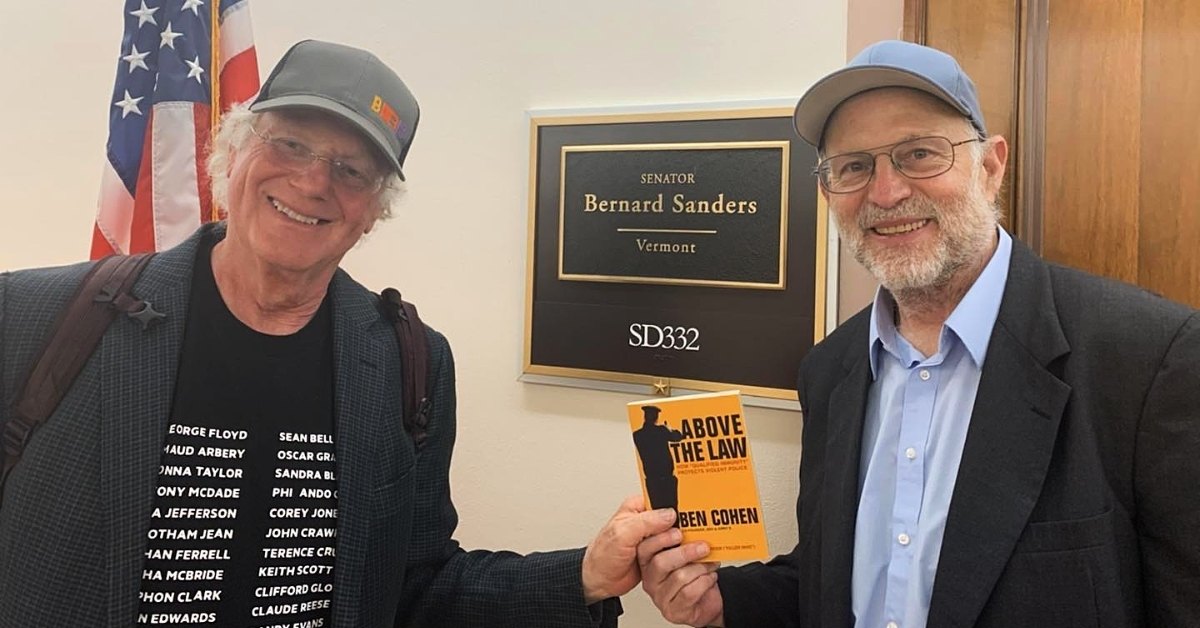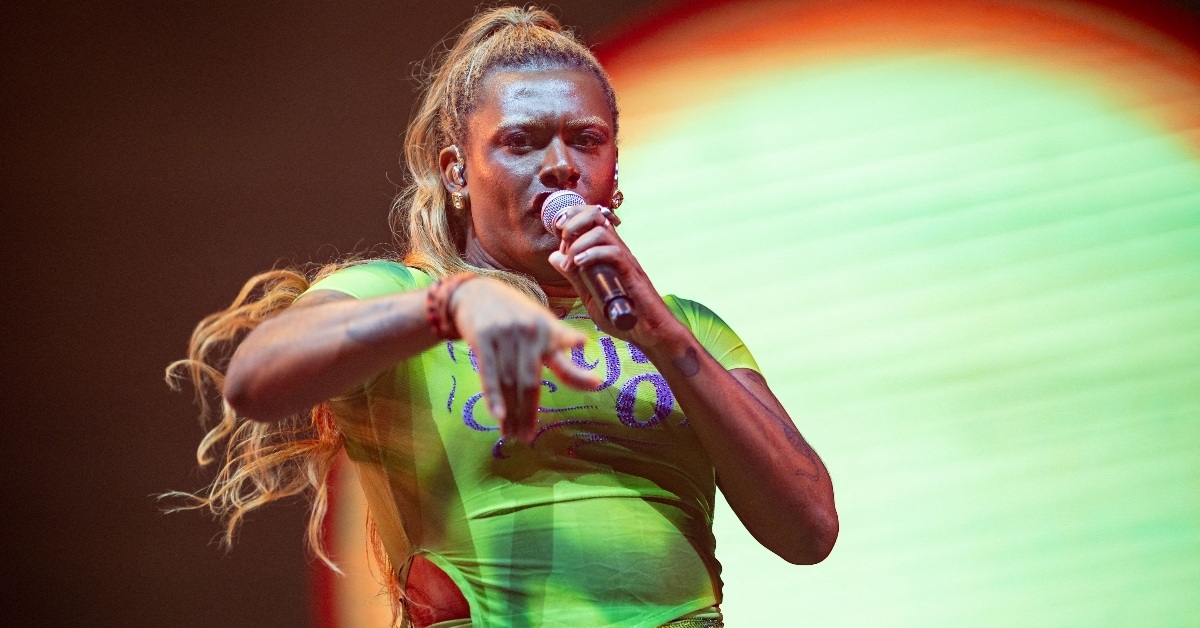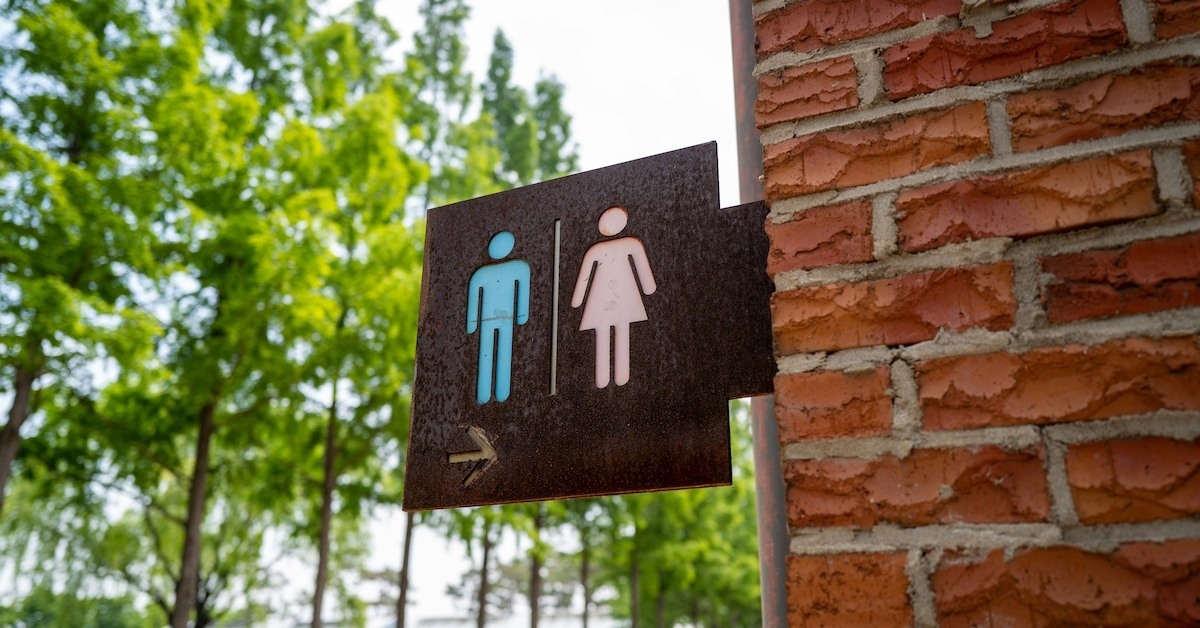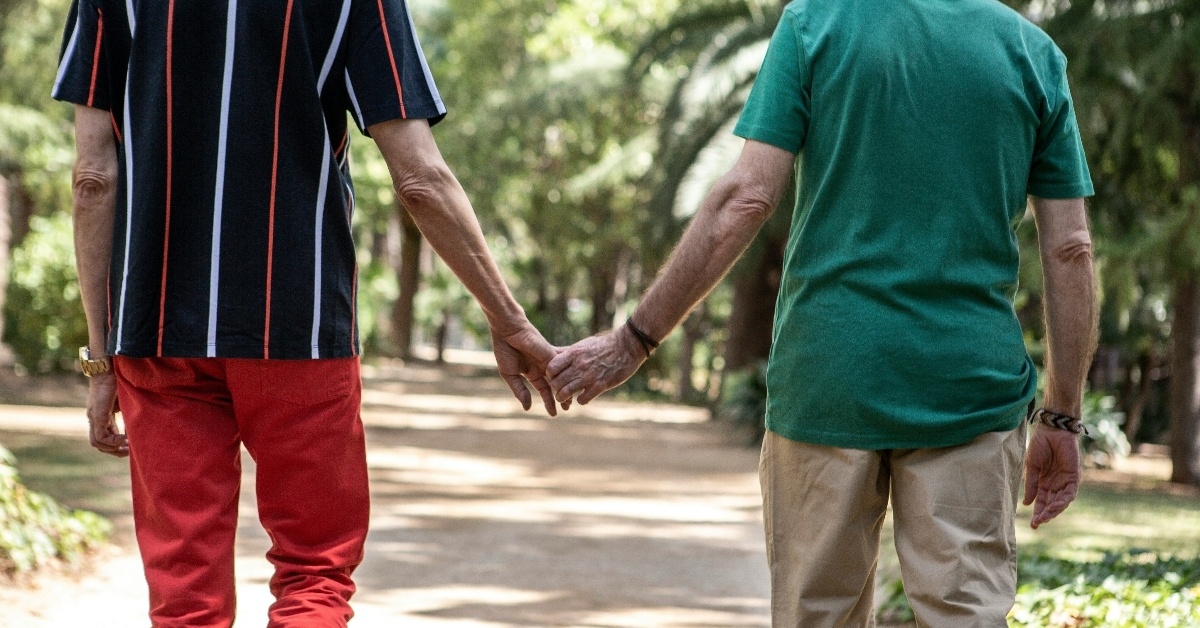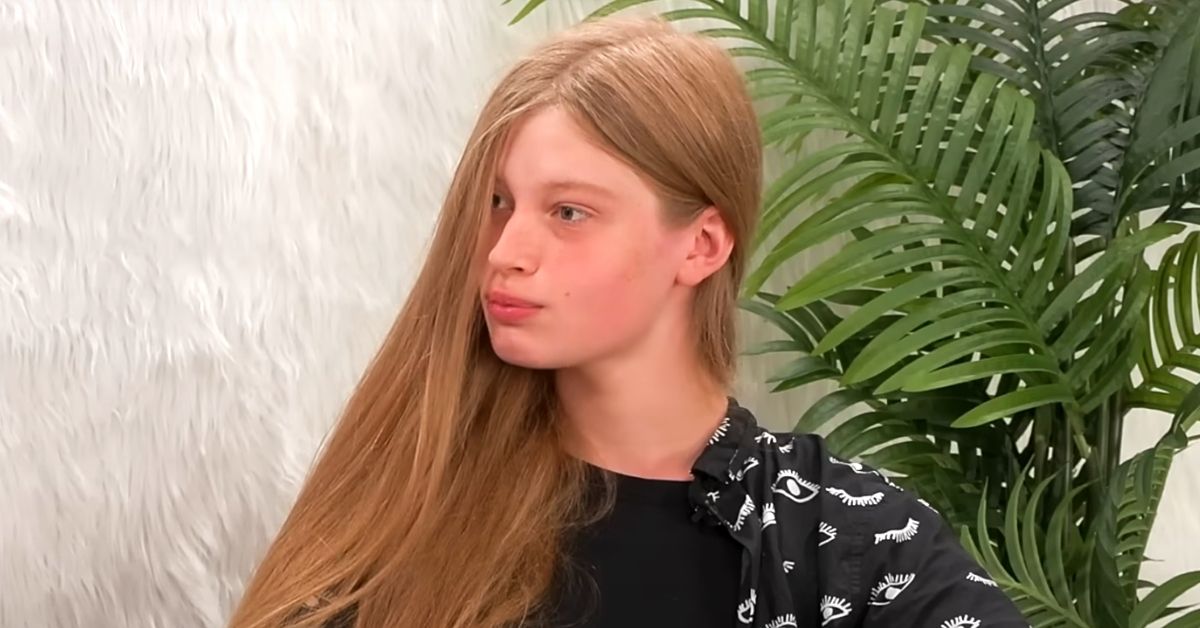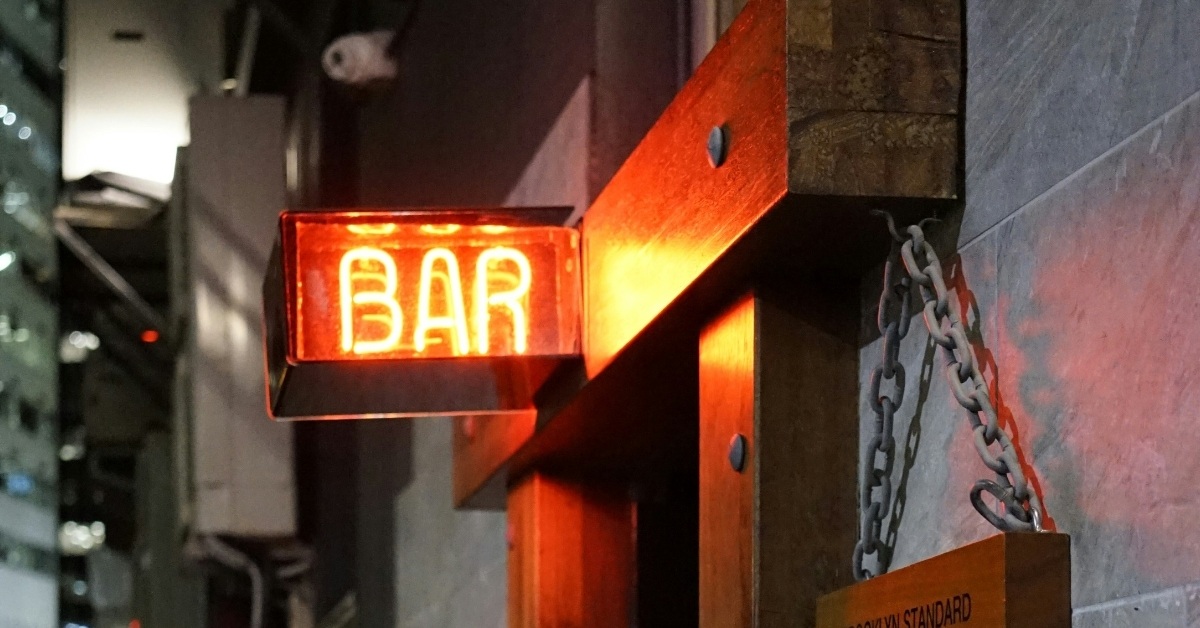BY: Walker
Published 4 years ago

More than six decades after Marion Hood was rejected by Emory University’s School of Medicine, he received another letter from the school. This time, it was an apology for refusing to admit him into its medical program because he was Black.
via: Complex
“I am sorry I must write you that we are not authorized to consider for admission a member of the Negro race. I regret that we cannot help you,” the letter from Emory admission director L.L. Clegg read.
During Emory’s Juneteenth programming, President Gregory L. Fenves said the letter “vividly shows the systematic injustice of that time and the legacy that Emory is still reckoning with.” Hood also received a letter from Vikas Sukhatme, Emory University’s School of Medicine, which stated the school was “deeply sorry this happened and regret that it took Emory more than 60 year to offer you our sincere apologies.”
Even though Hood had already applied to Howard University and the Meharry School of Medicine, he decided to also apply for Emory after seeing a professor at the university receive an honorary degree during his graduation. Hood received his rejection letter less than a week later, but he admittedly never dwelled on it.
Hood ended up going to Howard where he began working on a Master of Biochemistry at Howard before attending Loyola. Three years after Hood was rejected, Emory was desegregated, and in 1963, Hamilton E. Holmes became the university’s first Black medical student. “Throughout American history and Emory history, Dr. Hood and so many other talented students, were denied access to achieve their dreams to realize their potential,” Fenves said.
Hood graduated in 1966, and opened his own practice in Atlanta eight years later. He retired in 2008. “Life is full of hurdles, but if there is a hurdle, there must be a way to get around or over it,” he said.
Emory University could at least create a scholarship in Mr. Hood’s honor.
